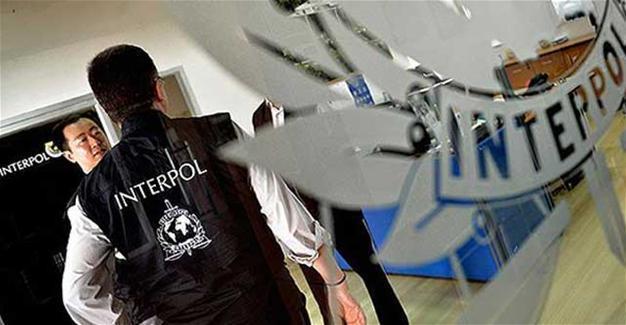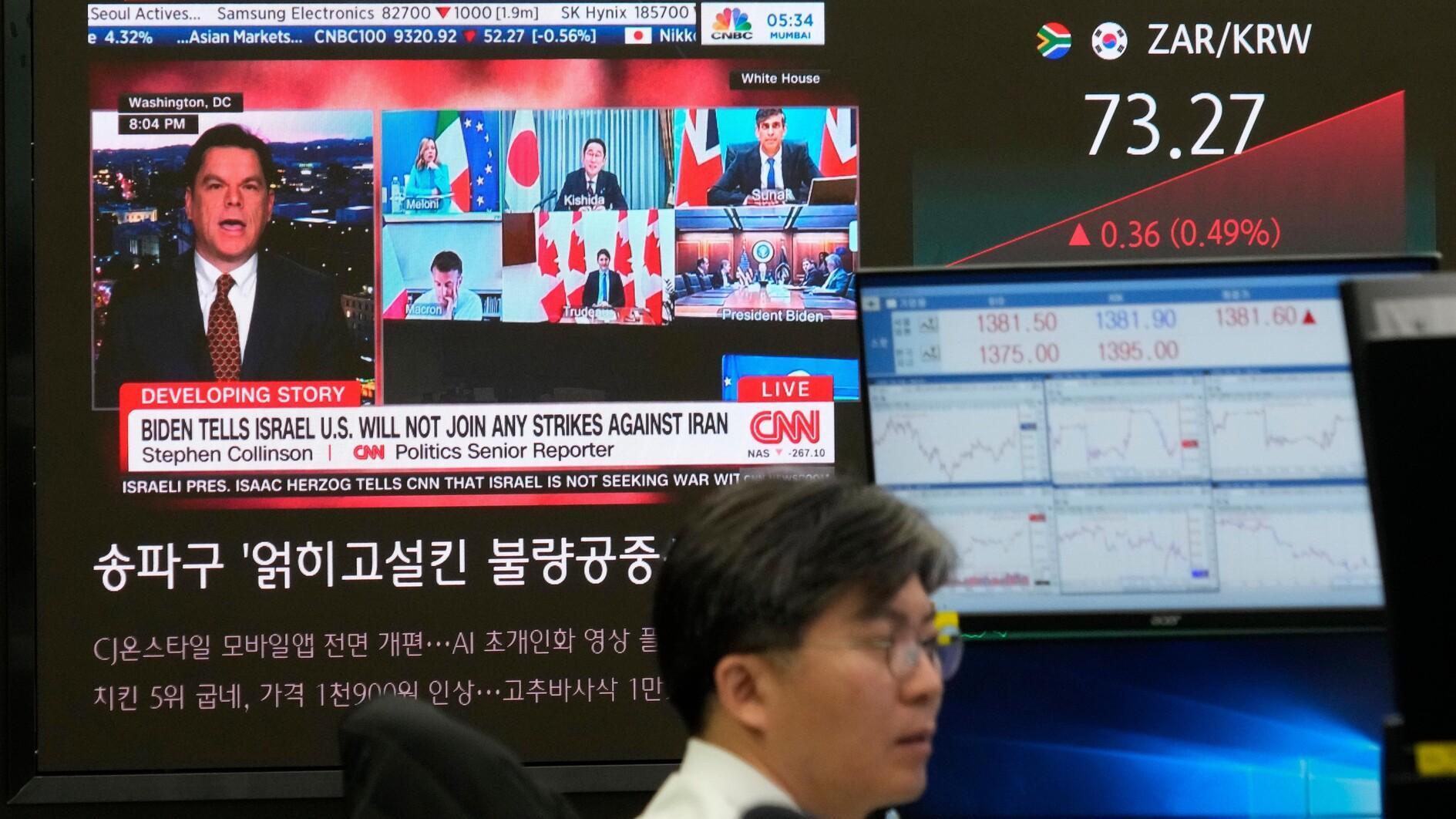Interpol denies reports of Turkey’s removal from database after listing 60,000 ‘wanted’ Gülenist names
ISTANBUL
 The International Criminal Police Organization (Interpol) has denied reports that it has removed Turkey from its database after Ankara uploaded a list of 60,000 people sought over suspected links to what prosecutors call the Fethullahist Terrorist Organization (FETÖ), BBC Turkish has reported.
The International Criminal Police Organization (Interpol) has denied reports that it has removed Turkey from its database after Ankara uploaded a list of 60,000 people sought over suspected links to what prosecutors call the Fethullahist Terrorist Organization (FETÖ), BBC Turkish has reported.Interpol’s spokesperson said on July 6 that no access bans had been implemented for Turkey, including for people who had international warrants, over Interpol’s databases.
“Interpol supports each and every one of its 190 members as part of security cooperation benefits. No access block has been implemented in Interpol’s databases, including for those who have international warrants in Turkey,” the statement said
Interpol also stated that some notifications of countries had not been accepted in its database due to “non-occurrence,” which includes lacking documents, between Interpol’s charters.
Turkish media reported on July 5 that Interpol removed Turkey from its database after Ankara uploaded a list of 60,000 suspected followers of the U.S.-based Islamic preacher Fethullah Gülen.
The decision to suspend Turkey’s access to the database of sought individuals came after the July 2016 coup attempt.
According to the reports, Turkey uploaded the names of suspected members of FETÖ, widely believed to have been behind the thwarted coup, after they fled abroad. Interpol allegedly said the issue constituted “an issue of trust.”
Access to the database had been reported to be blocked for almost a year, despite protests from Ankara.
The Interpol database, which includes passport information of the sought individuals, enables countries to detain the suspects after their passport numbers are determined on the system. Interpol’s decision had been reported to have blocked the passport numbers of Gülenist suspects from being shown in the system.
Many Gülenist suspects fled abroad after the attempted takeover, including prosecutors Zekeriya Öz, Fikret Seçen and Celal Kara.
NATO soldiers, police officers and bureaucrats are among those sought by prosecutors in Turkey.
















